Kenyan Diaspora Files High Court Petition Over Voting Access Restrictions
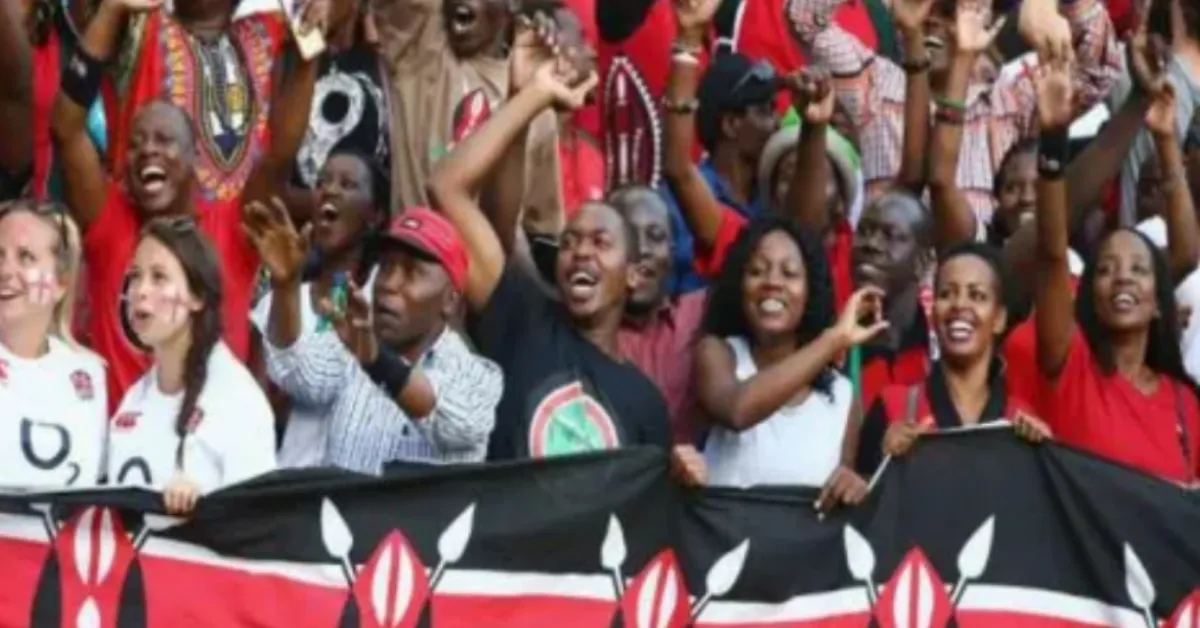
A contentious legal battle is underway as 92 Kenyan citizens residing abroad have filed a petition in the High Court challenging the Independent Electoral and Boundaries Commission (IEBC) over restrictions to diaspora voting access.
The petitioners are seeking a comprehensive overhaul of the current electoral framework, which limits diaspora voters to casting ballots exclusively at embassies and consulates. They argue this system is inherently impractical and systematically disenfranchises thousands of eligible voters. The case, currently before Justice Lawrence Mugambi, highlights the delicate balance between ensuring accessibility and managing logistical feasibility. Among the prominent figures leading the legal challenge are Dr. Martin Koyabe, Danson Mukile, and Dr. Kenneth Karanja.
They argue that the existing limitations impede the constitutional rights of Kenyans living overseas to participate fully in elections. While Kenya’s revised constitution grants voting rights to citizens residing abroad, the petitioners argue that implementation has been flawed. Current law restricts voting to foreign missions, effectively excluding those who reside in areas where reaching an embassy poses significant financial or logistical challenges.
The travel costs associated with reaching designated polling stations have become a major barrier, preventing many diaspora citizens from exercising their democratic rights. Kenyans living in the United States, Canada, Australia, the United Kingdom, Saudi Arabia, China, and Sweden, among other countries, face considerable expenses to access polling stations. For example, a Kenyan living in Dallas, Texas, would need to travel over 2,400 kilometres to reach the nearest polling station in New York, a journey that many find prohibitively expensive and unrealistic.
Ambrose Mulandi, the lead lawyer representing the petitioners, contends that the current system violates several constitutional provisions, including Articles 38(3), 27, 81, and 83, which guarantee fair electoral access. Mulandi asserts that Regulation 34(2), which restricts voting locations to diplomatic offices, imposes undue hardships and fosters electoral inequality. He argues it makes voting contingent on diplomatic infrastructure rather than citizen accessibility.
Named as respondents in the case are the IEBC, the Senate, and the National Assembly. The Katiba Institute, Law Society of Kenya, Commission on Administrative Justice, Centre for Multiparty Democracy Kenya, and the Election Observation Group (ELOG) have joined as interested parties. The petitioners claim that repeated attempts to engage relevant agencies on expanding diaspora voter registration have been largely ignored.
Diaspora Kenyans play a significant role in the country’s economy. Remittances amounted to approximately Sh637.3 billion in the past year alone. Despite this substantial financial contribution, their representation in governance remains limited due to persistent voting challenges. Danson Mukile, a petitioner residing in Dallas, emphasises that the lack of sufficient polling infrastructure for the diaspora diminishes their ability to influence national policy decisions.


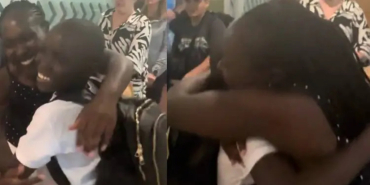

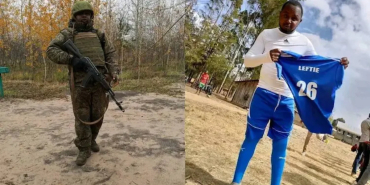


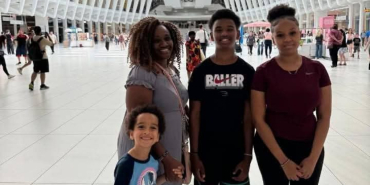
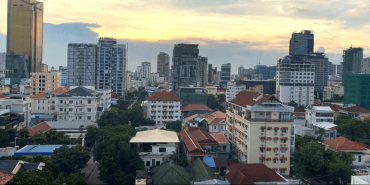
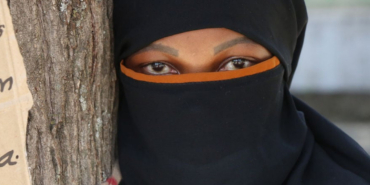




Add new comment